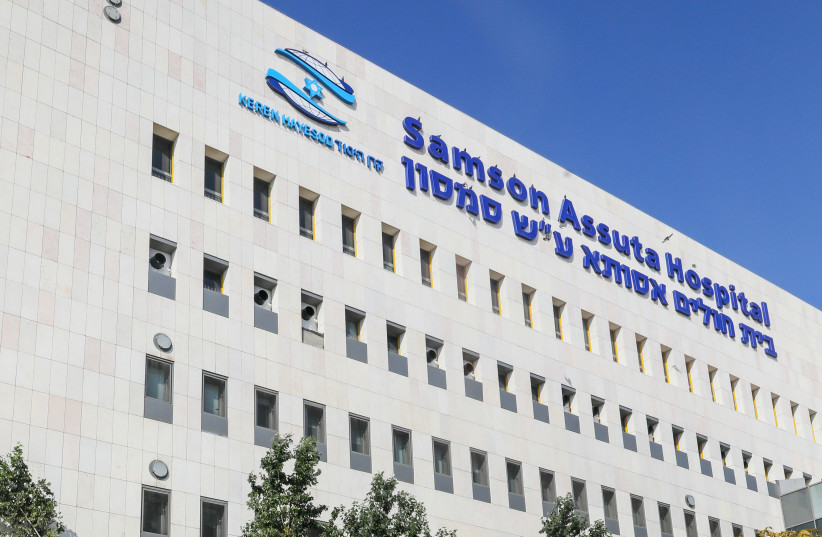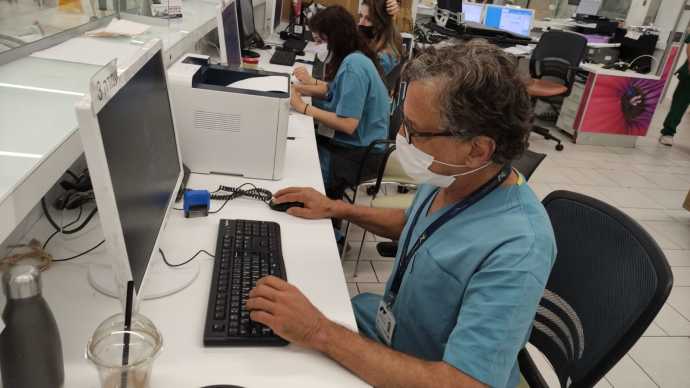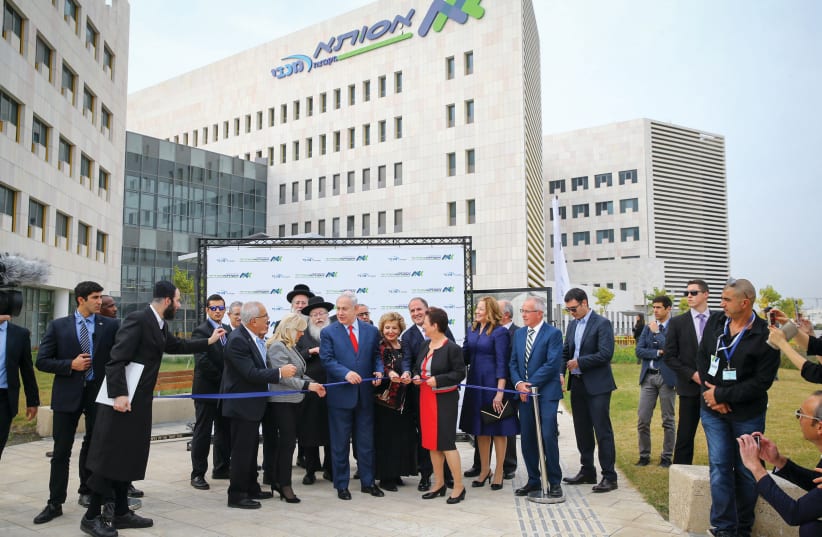Three years ago, I took a job as an ER doctor at Samson Assuta Ashdod Hospital, halfway between Tel Aviv and Gaza. Assuta Ashdod is the first public hospital to be built in Israel in 40 years.
I can’t say why I am okay with this: so far from my comfort zone, wrestling with language, with life and death under time pressure, and surrounded by hot-headed Israelis with the added bonus of an occasional rocket attack in a real war.
As an emergency physician and a dual American and Israeli citizen residing in Tel Aviv, I want to live life, raise a family and contribute what I can.
Recent battles in Israel and Gaza have thrown that quest into disarray. The conflict has analogies to our other war, the one against COVID-19.
This is a report from the front line of both battles:
Sirens growl, then scream. Neighbors flood the stairwell; so many unfamiliar faces, in a mix of worry and anger, people of all ages filing down to the safe room.
Bomb shelter etiquette: first keep quiet and avoid eye contact, then break the ice a little. I got to know a few of them by name. It was very pleasant for a moment. Then I remembered why we were there.


When things get ugly here, I never think to flee to Milwaukee, to the lake and my tidier life. I could hit the road and enjoy home, family and work without the threat of annihilation by hostile neighbors. But I do not wish to relocate, retreat and disengage.
I actually have hope for this place. In the emergency department I am elbow-to-elbow with Arab teammates, high-fiving and hurling medical orders and wisecracks at each other for 12 hours at a time; sweating, crying and laughing together. We have true love and respect for one another. We don’t talk politics. We share our home cooking and our greetings on each other’s holidays. We jam at the open mic. That’s what the Arab-Israeli “conflict” looks like to me.
We have to make it work.
Parallels with the coronavirus plague are intriguing, although military conflict is an intentional threat to life from other humans, not an epic Darwinian struggle for the planet against a microbe. Israel is winning against COVID-19. Theory and practice come together, we are rocking it, and we are back in business.


From the pandemic we learned uncertainty – that many of our assumptions regarding control and autonomy and mastery of the physical world are based on illusions. We acclimated to canceling major plans and drastically altering routines. Resources developed in the past year to handle COVID-19 are now redeployed to handle terror attacks. We have an Iron Dome missile defense system, which, like the vaccine, protects people from lethal consequences by targeting the threat.
At the height of the pandemic, we went back to assessing risk and benefit at so many decision points each day. Was your need for a hug enough to risk transmission of the virus to your grandmother? Would you take a chance at an outdoor venue for a burger and a beer before we had vaccines? I recall the innocent days when the pros and cons of mundane choices did not weigh heavy with the risk of death.
These impressions are not a framework for peace or a solution to the riddle. They are “just” a view from the trenches – and a plea for sanity and cooperation.
The writer typically splits his time among Mercyhealth Medical Center in Walworth County, the Milwaukee VA Medical Center and Samson Assuta Ashdod Hospital.
Assuta's Dr. Eli Lev will present at The Jerusalem Post Annual Conference. To watch live on October 12 (or see the recording anytime thereafter), click here.
